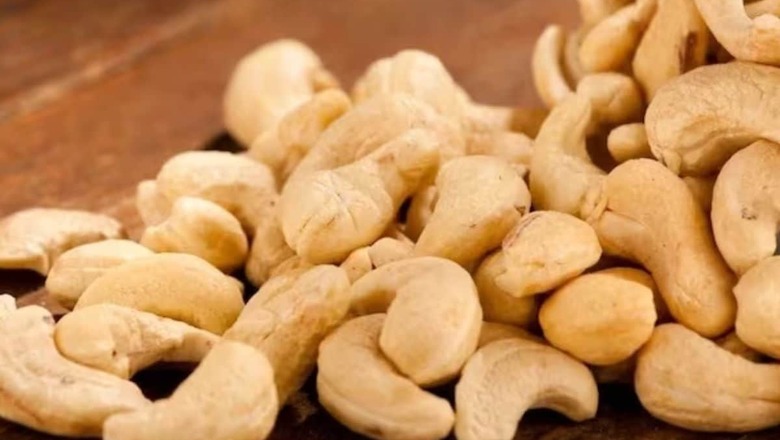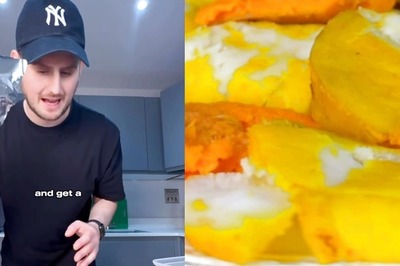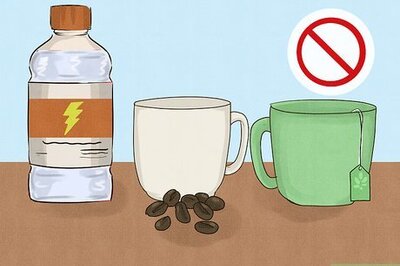
views
Dry fruits, especially cashews, are renowned for their health benefits. It’s a favourite addition to many breakfast meals and snacks. Cashews boost low sugar content, while being rich in fibre, plant protein, and heart-healthy fats, contributing to the maintenance of heart and bone health. Abundant in copper and iron, cashews are known to boost the immune system. Additionally, they aid in weight regulation and gallstone prevention by lowering bad cholesterol levels. While cashews are readily available in the market, the prevalence of adulteration makes it challenging to distinguish between genuine and fake cashews. Here are some ways to help identify real cashews from their fake counterparts.
1. Colour:
The primary factor for identification is the colour of cashews. Real cashews exhibit a pure white colour, while fake ones tend to appear light yellow. This distinction is noticeable at a glance, making it crucial to pay attention to the colour when purchasing cashews.
2. Quality:
Another method to identify real cashews is by assessing their quality. Authentic cashews possess a longer shelf life without spoiling, while fake cashews may contaminate before reaching their designated shelf life. Cashews of inferior quality are prone to infestation by worms or insects. Proper storage conditions can maintain the freshness of genuine cashews for up to six months, emphasising the importance of checking their quality before purchase.
3. Size:
The size of cashews is a distinguishing factor. Real cashews typically measure about 1 inch in length and have a slight thickness. Deviations from this size may indicate fake cashews. Observing the size and shape disparities can assist in identifying authentic cashews from their counterfeit counterparts.
4. Taste:
There is a subtle difference in taste between real and fake cashews. Genuine cashews do not stick to the teeth, while fake ones tend to adhere between teeth. Fake cashews are harder to digest, whereas real ones easily break into pieces when chewed. Assessing the taste can be an additional indicator when verifying the authenticity of cashews.




















Comments
0 comment